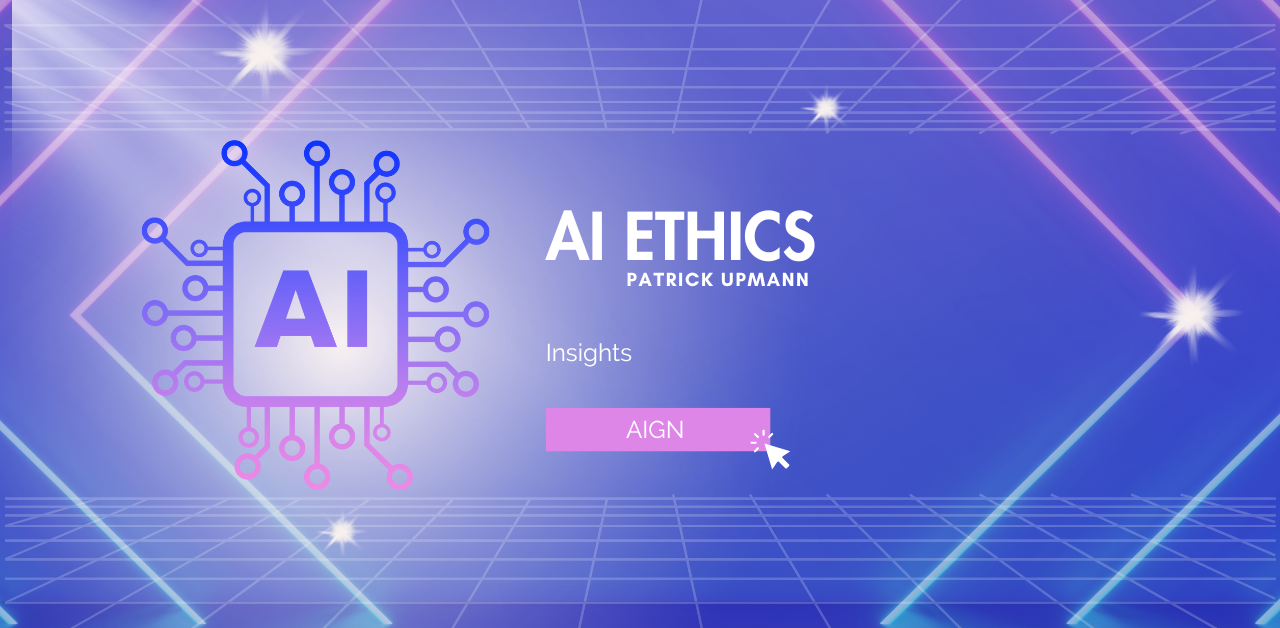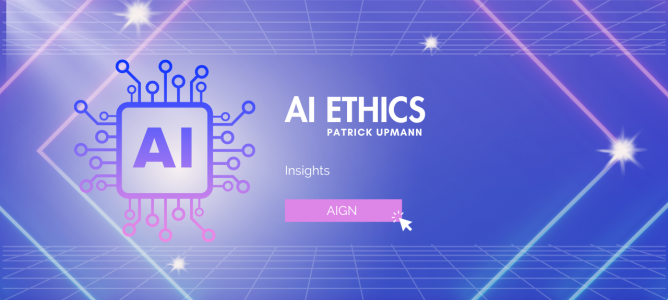How Policies Can Safeguard Ethical AI Use in Hiring, Performance Reviews, and Management
Artificial Intelligence (AI) is revolutionizing workplace processes, from hiring and performance evaluations to overall management. However, without clear ethical guidelines, these applications can exacerbate biases, violate privacy, or undermine trust. Ethics guidelines for workplace AI ensure that these systems are transparent, fair, and aligned with organizational values while respecting employee rights.
This article explores the importance, challenges, and strategies for creating robust workplace AI ethics policies, ensuring fairness, transparency, and privacy in employment practices.
Why Ethics Guidelines for Workplace AI are Critical
AI systems in the workplace hold significant influence over employees‘ careers and experiences. Clear ethics guidelines help mitigate risks, promote fairness, and build trust.
Key benefits include:
- Fair Hiring Practices: AI systems are less likely to discriminate when governed by ethical guidelines.
- Privacy Protection: Safeguards ensure sensitive employee data is handled responsibly.
- Trust Building: Transparent policies foster confidence among employees and stakeholders.
- Regulatory Compliance: Aligns with laws like GDPR and emerging AI governance frameworks.
Statistic: According to Deloitte (2023), 72% of employees would trust workplace AI systems more if robust ethics policies were in place.
Key Principles for Ethics Guidelines in Workplace AI
- Fairness
Ensure AI systems are free from bias, promoting equity in hiring, performance reviews, and promotions.Example: Regular audits of AI hiring tools to identify and mitigate biases in candidate evaluations. - Transparency
Clearly communicate how AI systems are used and what data they rely on for decision-making. - Privacy
Limit the collection, storage, and use of employee data to protect individual rights. - Accountability
Establish mechanisms to hold organizations and AI providers accountable for ethical lapses. - Inclusivity
Design AI systems to consider the needs of diverse employee groups.
Statistic: Ethical AI systems improve employee satisfaction by 30% (McKinsey, 2023).
Challenges in Establishing Ethics Guidelines
- Bias in Algorithms
Algorithms trained on biased data can perpetuate discrimination in hiring or evaluations. - Data Privacy Risks
Collecting and storing employee data increases the potential for misuse or breaches. - Lack of Transparency
Complex AI systems may operate as „black boxes,“ making it difficult to understand their decision-making processes. - Balancing Efficiency and Ethics
Organizations may prioritize efficiency over fairness or privacy when deploying AI systems.
Strategies for Developing Workplace AI Ethics Guidelines
1. Conduct Regular Bias Audits
Evaluate AI systems regularly to identify and address potential biases.
Actionable Steps:
- Use bias detection tools to analyze hiring and evaluation processes.
- Involve external experts to ensure impartial audits.
Example: Audit an AI hiring tool to ensure equal representation of gender and ethnic groups among selected candidates.
2. Establish Transparency Policies
Ensure employees understand how AI systems are used in workplace decisions.
Actionable Steps:
- Publish clear guidelines on AI usage in hiring and management.
- Provide employees access to their own AI-generated data and decisions.
Example: A performance review tool explaining how scores are calculated based on employee activities.
3. Prioritize Data Privacy
Develop policies limiting data collection to what is strictly necessary and anonymize sensitive information.
Actionable Steps:
- Store data securely with encryption.
- Implement strict access controls for sensitive employee information.
4. Engage Employees in Policy Development
Include employee representatives in the creation of workplace AI guidelines to address real-world concerns.
Statistic: Employee involvement in ethics policy development increases trust by 25% (Accenture, 2024).
5. Provide AI Literacy Training
Educate employees and managers on AI systems, their benefits, and their limitations.
Actionable Steps:
- Offer workshops on ethical AI use.
- Create materials explaining AI processes and their impact.
6. Monitor and Update Guidelines
Regularly review and update ethics policies to adapt to emerging challenges and technologies.
Case Studies: Ethical Workplace AI in Action
- Unilever’s AI Hiring Practices
Unilever uses AI in hiring but ensures transparency by sharing insights on how decisions are made and involving human oversight in final evaluations. - IBM’s Ethical AI Framework
IBM has established clear policies on AI usage in employee management, prioritizing fairness and data privacy. - European Union’s GDPR Compliance
European companies align workplace AI practices with GDPR to ensure employee data privacy and transparency.
Benefits of Ethics Guidelines for Workplace AI
- Fairer Processes: Mitigates bias in hiring, promotions, and evaluations.
- Improved Trust: Employees feel more confident in AI-driven decisions.
- Regulatory Alignment: Ensures compliance with data protection and AI governance laws.
- Enhanced Productivity: Transparent systems reduce employee skepticism and increase adoption.
Statistic: Organizations with robust AI ethics policies report a 35% improvement in employee engagement (World Economic Forum, 2023).
Conclusion
Ethics guidelines for workplace AI are essential for ensuring fairness, privacy, and transparency in employment practices. By prioritizing these principles and implementing robust policies, organizations can leverage AI responsibly while building trust and inclusivity in the workplace.
Take Action Today
If your organization is deploying AI systems in the workplace, we can help you design and implement ethical guidelines that align with best practices and global standards. From bias audits to policy development and employee training, our consulting services ensure your workplace AI is fair, transparent, and privacy-respecting. Let’s work together to create an ethical foundation for the future of work.


